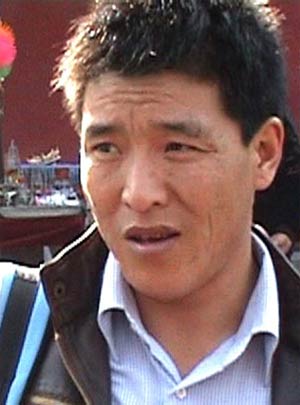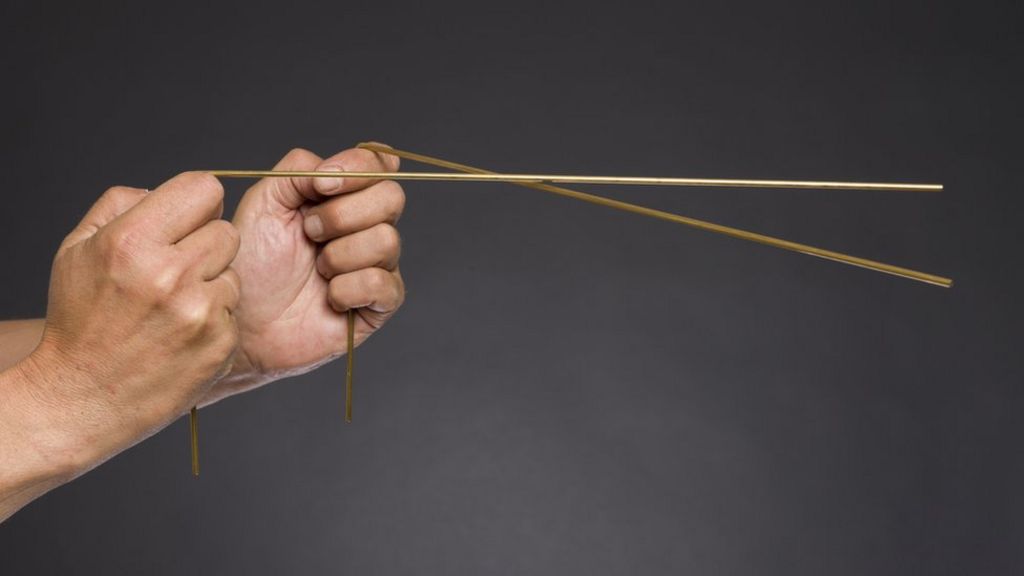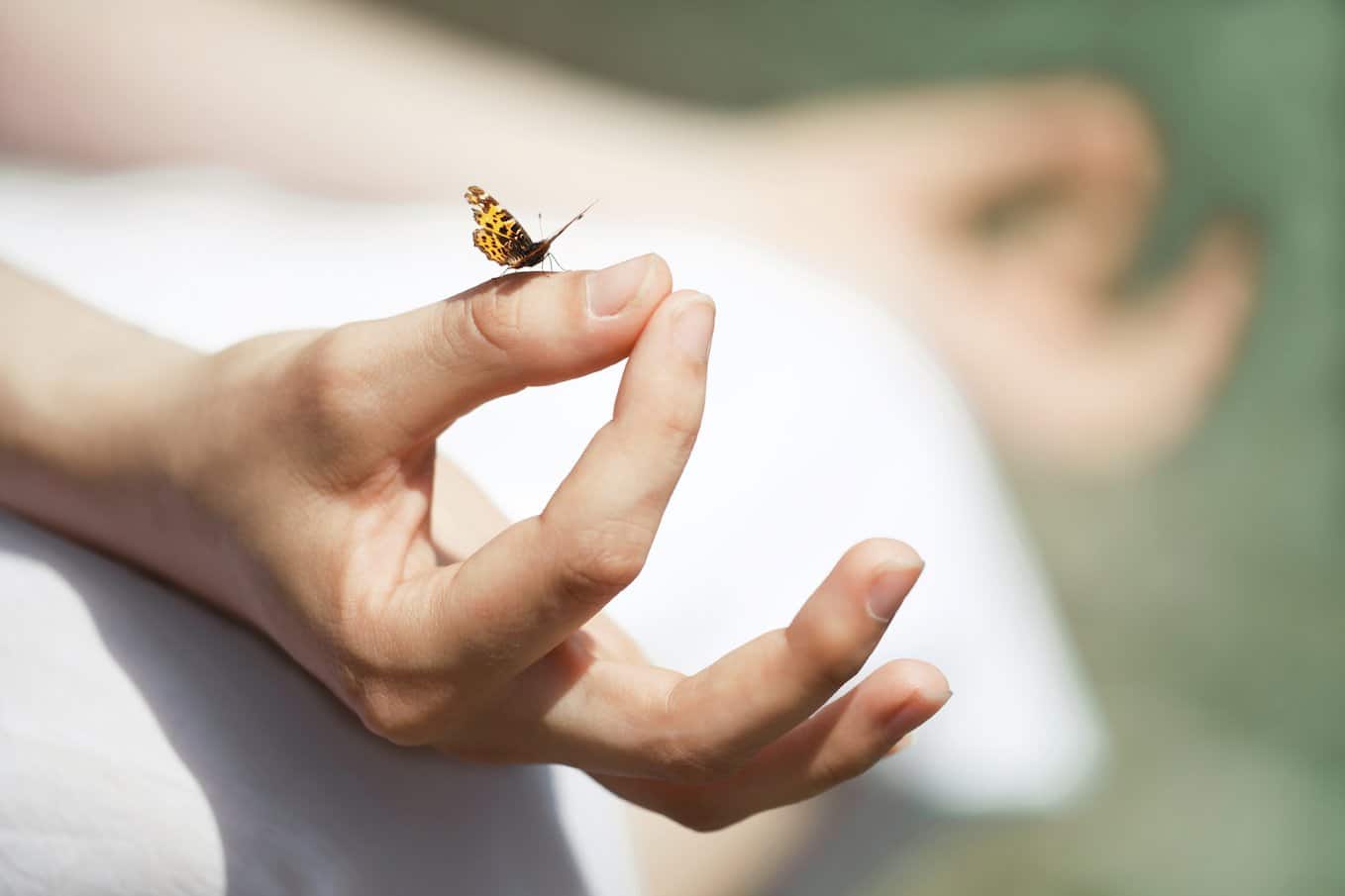Welcome to our review of the year as told in the stories and issues featured here on the West Wight Sangha website.
As always follow the highlighted orange links for the full story..................
We started the year with
A Simple and Easy New Years Resolution, a mindfulness exercise consisting of simply remembering to pick up and dispose of one piece of litter every day.
Continuing the theme of new year's resolutions there's the perennial post Christmas diet resolution. Hands up, I needed to lose weight and I decided to do so mindfully.
Yes, as a Buddhist my aim is to live as much of my life mindfully as possible, but there is actually a Mindful Diet;
Mindful Eating - A Resolution.........................................
Spotted on Freshwater Bay in January was this
piece of very Zen art.
More Children Learn About the Buddha. In February Dave Downer and I had the pleasure of teaching the basics of Buddhism at The Island Free School over in Ventnor.

Back in the middle of November last year we received the following email...............
I stumbled across the West Wight Sangha website and thought I might send you some of the books published by our organization. You can see some of them here. http://www.bhantedhammika.net/ If you would like some copies for yourself and your friends and you give me a postal address I will happily send you some copies.
Kind regards Bhante Dhammika.
The books were ordered and duly sent on their way by ship.
They arrived on the 1st of March which coincidentally was World Book Day!
Books, Books, Books
Which leads us neatly to
A Buddhist Poem for World Poetry Day
"Strong In The Rain" (Ame ni mo Makezu) by Kenji Miyazawa
Strong in the rain
Strong in the wind
Strong against the summer heat and snow
He is healthy and robust
Unselfish
He never loses his temper
Nor the quiet smile on his lips
He eats four go of unpolished rice Miso and a few vegetables a day
He does not consider himself
In whatever occurs…his understanding
Comes from observation and experience
And he never loses sight of things
He lives in a little thatched-roof hut
In a field in the shadows of a pine tree grove
If there is a sick child in the east
He goes there to nurse the child
If there’s a tired mother in the west
He goes to her and carries her sheaves
If someone is near death in the south
He goes and says, “Don’t be afraid”
If there’s strife and lawsuits in the north
He demands that the people put an end to their pettiness
He weeps at the time of drought
He plods about at a loss during the cold summer
Everyone calls him “Blockhead”
No one sings his praises
Or takes him to heart…
That is the sort of person I want to be.
A Proposal for Peace - Buddhist Talk in Newport
I posted this poster to give everyone a heads-up to the the upcoming talk in May. The Isle of Wight members of the socially engaged Buddhist movement SGI-UK hosted the talk, which was followed by a question, answer and discussion session.
This story, by Dan Ackerman, appeared in the spring 2017 edition of CNET Magazine,
Virtual Reality Meditation
Triratna's 50th Anniversary
On the 8th of April we noted that this weekend the Triratna Buddhist Community will be celebrating its founding 50 years ago on the 6th of April 1967.
Walk the Wight and Wesak In April I changed the date of Wesak to avoid clashing with Walk the Wight!
At the end of May we posted details of
Ajahn Brahm's UK Dhamma Talks Tour which was in October .The tour was in support of the Anukampa Bhikkhuni Project.
.jpg)
In June we told the story of how the communist, atheistic government of
China was embracing Buddhism to Project Power.
Becoming a guardian of Buddhism is helping Xi successfully promote China as an acceptable world power with a soft image.
Buddhist globalisation helps Beijing push its economic projects – religious diplomacy makes it easier for China to win economic and infrastructural projects in Myanmar, Sri Lanka, Nepal and elsewhere.
Following the terror attacks in London and Manchester and the apparently "retaliatory" attack outside a mosque in Finsbury Park this article by Andrew Olendzki on conflict seemed so appropriate.............
The Language of Conflict
We are Ten years Old this Month!

The West Wight Sangha Website was ten years old this June. Back on Wednesday the 6th of June 2007 I posted our first item.............
This was followed on the 14th with our first proper story
A Zen Monk on the Isle of Wight!
Buddhist Group Changing China (or visa versa?)
This article was by Ian Johnson from the New York Times and is about
a Buddhist organisation from Taiwan called Fo Guang Shan, or Buddha’s Light Mountain.
In July we held
Our Summer Retreat Day and I posted some of the poems and texts that we used. Failing atrocious weather, our Winter Retreat Day is scheduled for
Sunday the 21st of January.
Talking of the island, here is a story illustrating the interconnectedness of life..........
The Isle of Wight, The Buddha, NCIS and The Ham
It Never Rains But it Pours!

A stalwart group of us gathered on the Duver at St Helens on the first Sunday of September to participate in the annual Buddhist picnic when the various Buddhist groups from across the island meet for a relaxed late summer get together and alfresco meal. This year was a milestone as it was the 20th year that we had held the picnic.
It poured down................. all day.
So we went back to Matt's and had the "picnic" in his conservatory where we could fantasise we were communing with nature by looking out at the garden.
Anniversaries and Milestones
Having said that the West Wight Sangha is ten years old this year it was nice to see that it's also the 10th anniversary of the founding of the Alliance for Bhikkhunis which is a nice coincidence.
Myanmar and the Rohingyas
On September the 12th's edition of BBC radio 4's program Today Vishvapani (a member of the Triratna Buddhist group) offered his thoughts on the situation in Myanmar and the plight of the Rohingyas..........
New Buddhist Group on the Island!

In the middle of the month a new Buddhist group, the Heart of the Island Sangha, started in Newport.
The group is affiliated to the Community of Interbeing UK (COI) which is part of the international Sangha founded by the Vietnamese monk Thich Nhat Hanh and follows his teachings and practices in the Plum Village Tradition and meets every Tuesday between 19:45 – 21:30 at the Riverside Centre, on The Quay in Newport.
Newsletter
At the end of the month we produced our first newsletter. There will be more to follow but in many ways this, the
Annual review, is itself one great big newsletter.
Some "Buddhist" Poems for National Poetry Day
The 6th of October was National Poetry Day when Britain was encouraged to “break the tyranny of prose for 24 hours by sharing poetry in every conceivable way.”
And here's Maitreyabandhu talking about the connection between poetry and receptivity.
 Tuesday Talks - a New Feature
Tuesday Talks - a New Feature At our Sangha meeting on the 10th of October we introduced a new feature, a short Dharma talk. I have been taking talks to the Newport Soto Zen group for some time but until recently very few shorter talks have been available for use in our shorter meetings.
Our first was
What About Karma by David Loy.
These talks, as well as the Newport ones, are all available on our Audio Page.
Are These Hobbit Holes?
We ended November with
A Good Day Being Had by All and
A Bit of Controversy?
The good day was a retreat at the Soto Zen group with the Reverend Gareth Milliken, the Prior of Reading Priory.
The controversy was all that
fuss about dowsing............
Buddhism and Islam in Asia
We started December with this insightful analysis by Akhilesh Pillalamarri.
Arson Attack Destroys Buddhist Centre in Savoie, France
Sadly we finish our review with this story of an arson attack on the Karma Ling Buddhist centre in France.
However, it is the response of Lama Denys Rinpoché, leader of The Karma Ling Institute, that says it all.
"This person is in great pain and we want to help him or her as much as we can. I personally make prayers and wishes so that he or she become free from any torments.
If someone I cherish and protect as my child comes to think of myself as his enemy, Just like a mother for her child with an illness to give him even more affection, such is the practice of a Bodhisattva."
 Tibetan film-maker Dhondup Wangchen was jailed in China for six years in late 2009 in the western province of Qinghai after he made a documentary in which ordinary Tibetans praised the Dalai Lama and complained about how their culture had been trampled upon.
Tibetan film-maker Dhondup Wangchen was jailed in China for six years in late 2009 in the western province of Qinghai after he made a documentary in which ordinary Tibetans praised the Dalai Lama and complained about how their culture had been trampled upon.




.jpg)


















